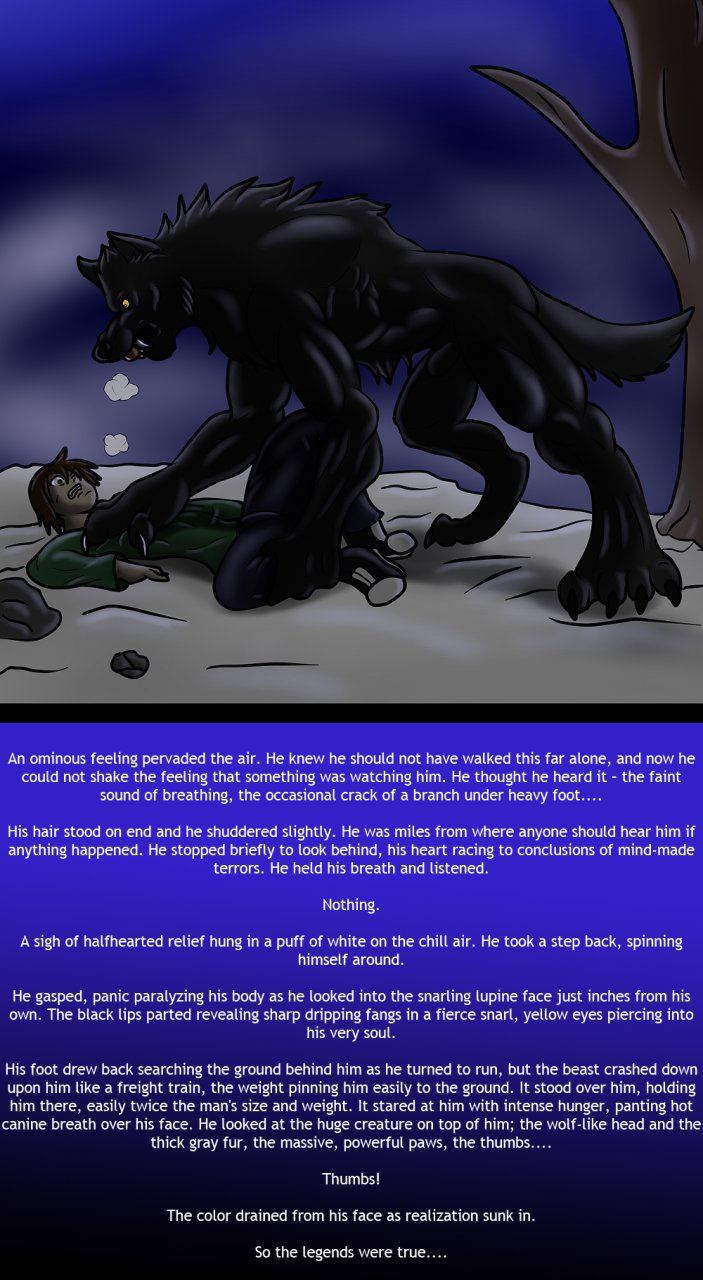Occasional Chills
Chills or muscle aches occasionally accompany COVID-19 Aches and chills can be symptoms of many illnesses, including the flu, but coronavirus patients have reported them. It's not clear how.
- At the same time, chills may cause you to shiver or shake as if you are cold. This is a way the body protects itself against cold temperatures. The muscles will extend and flex, and you will get the warming effect of shivering. However, in most cases, chills come as a result of a fever.
- So glad you asked this question. I've had a wide variety of symptoms that come and go from burning to tingling to fasciculations to dizziness, etc for 4 years. I too have these occasional spells of chills/goosebumps that seem to run along nerve branches in my legs. No one, including a neurologist at Mayo Clinic, has classified what it is.



Kidney infection symptoms
Kidney infections are relatively rare, but can be serious. Known medically as pyelonephritis, kidney infections can occur when you have a bladder or urinary tract infection (UTI) and the bacteria travel up the ureters (the tubes that connect the kidney to the bladder).

Occasional Chills And Headache

In fact, kidney infections are actually considered a type of UTI, so the symptoms can be similar. There are about 100,000 hospital visits for UTIs in the U.S. each year, and most of them are due to kidney infections.
While anyone can get a kidney infection, they are more common in women than men because women are more prone to UTIs due to their anatomy. Women ages 15 to 29 are particularly at risk, and you can also be at greater risk of a kidney infection if you are pregnant, have a weakened immune system, or diabetes.
If you recognize the following signs, that means you could have a kidney infection. Infections can be treated with antibiotics, however you may need to be treated in the hospital depending on the severity of infection. (Here are 42 signs your kidneys are in trouble.)